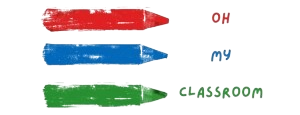As children enter kindergarten, they begin to explore the world around them, and their vocabulary grows exponentially.
As an educator or a parent, it is essential to provide children with a fun and engaging environment to develop their language skills.
We’ll explore fun Vocabulary Activities for Kindergarten that can help you improve your child’s vocabulary and help them become confident communicators.
Word Wall:
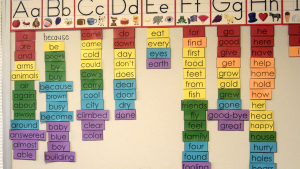
Creating a word wall is an excellent way to help kindergarten students learn new words and remember them. Hang a large poster board on the wall and write new words on it as they are introduced. Encourage students to use the words in their conversations and writing. You can also add pictures next to the words to help students associate the word with an image.
Vocabulary Bingo:
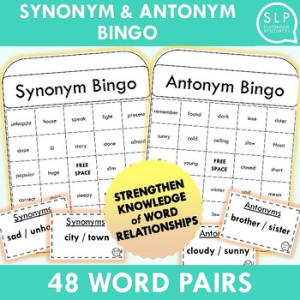
Create a bingo board with different words, and have students mark off the words as they hear them throughout the day. This activity will help students recognize new words and reinforce their meaning. To make it more challenging, you can use synonyms or antonyms for the words.
Related: 20 Exciting Sensory Bin Activities for 1 2 Year Olds
Vocabulary Scavenger Hunt:
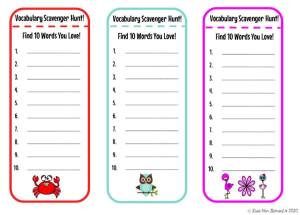
Take students on a scavenger hunt around the classroom or outside, looking for specific words. For example, you can ask them to find words that start with a particular letter or words that describe something. This activity will help students expand their vocabulary and learn new words in context.
Word Building:

Provide students with letter blocks or tiles and ask them to build words. You can start with simple words and gradually increase the complexity. This activity will help students learn how to spell new words and reinforce their meanings.
Vocabulary Charades:
Write different words on pieces of paper and have students act them out without speaking. Other students can guess the word and its meaning. This activity will help students remember new words and their definitions while having fun and improving their communication skills.
Word Association:
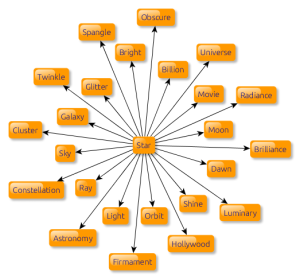
Give a word to a student, and ask them to say the first word that comes to mind. Then, the next student should say a word that is associated with the previous word. This activity will help students learn new words and reinforce their understanding of the connections between words.
Related: 20 Engaging Literacy Activities for Preschoolers
Word Sort:
Give students a set of words and ask them to sort them into categories. For example, they can sort words based on their color, shape, or category. This activity will help students recognize similarities and differences between words and develop their classification skills.
Vocabulary Memory Game:
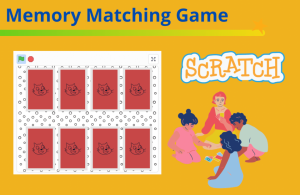
Create a memory game with pairs of cards, with each card containing a word and a picture representing the word. Students can play this game individually or in small groups, flipping over two cards at a time to find matching pairs. This activity will help students remember new words and associate them with an image.
Word Hunt:

Hide different words around the classroom and have students search for them. Once they find a word, they should read it aloud and use it in a sentence. This activity will help students develop their reading and writing skills while expanding their vocabulary.
Vocabulary Relay Race:

Divide students into two teams and give each team a set of cards with different words. One student from each team should run to the other side of the classroom and place the card in the correct category. This activity will help students reinforce their understanding of word categories and build their team working skills.
Vocabulary Hangman:
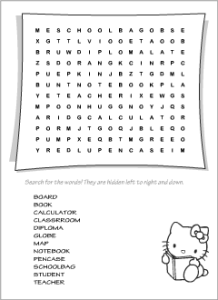
Choose a word and ask students to guess the word by suggesting letters. This activity will help students learn new words and improve their spelling skills.
Storytime with New Words:
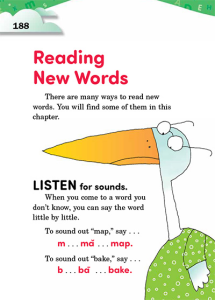
Read a story to the class that contains new words, and ask students to identify them. After reading, have a discussion about the new words and ask students to use them in sentences. This activity will help students learn new words in context and improve their comprehension skills.
Vocabulary Pictionary:

Write different words on pieces of paper and have students draw pictures to represent the word. Other students can guess the word and its meaning. This activity will help students remember new words and their definitions while developing their artistic and communication skills.
Vocabulary Building Blocks:
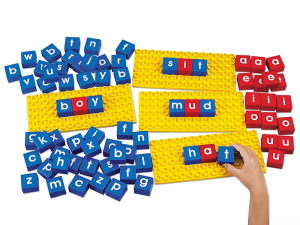
Provide students with building blocks and ask them to build structures using words. You can start with simple words and gradually increase the complexity. This activity will help students learn how to spell new words, reinforce their meaning, and develop their fine motor skills.
Alphabetical Order:
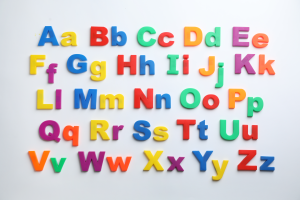
Provide students with a list of words and ask them to put them in alphabetical order. This activity will help students develop their knowledge of the alphabet and learn new words at the same time.
Vocabulary Theater:
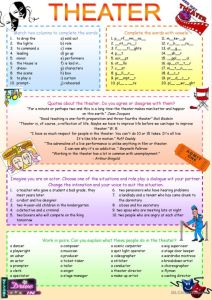
Give students a word and ask them to act it out without speaking. Other students can guess the word and its meaning. This activity will help students remember new words and their definitions while developing their acting and communication skills.
Word of the Day:
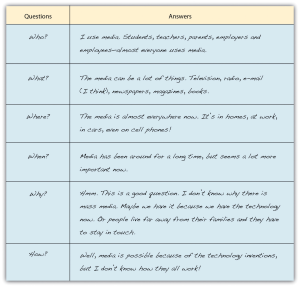
Introduce a new word every day and encourage students to use it in their conversations and writing. You can also ask them to draw a picture or make a sentence using the word. This activity will help students expand their vocabulary and develop their creativity.
Vocabulary Match:
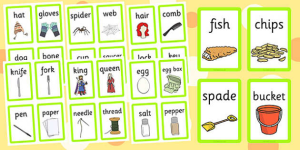
Create a matching game with pairs of cards, with each card containing a word and its definition. Students can play this game individually or in small groups, flipping over two cards at a time to find matching pairs. This activity will help students remember new words and their meanings.
Vocabulary Word Search:
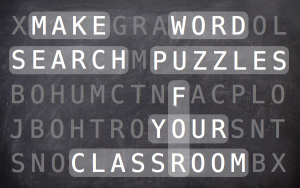
Create a word search puzzle with different words, and have students find them. You can start with simple words and gradually increase the complexity. This activity will help students learn new words and develop their problem-solving skills.
Word Builder:
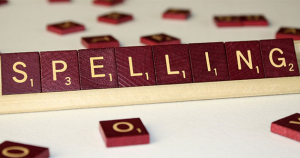
Provide students with a set of letters and ask them to build as many words as they can using those letters. You can start with simple words and gradually increase the complexity. This activity will help students develop their spelling and phonics skills while expanding their vocabulary.
